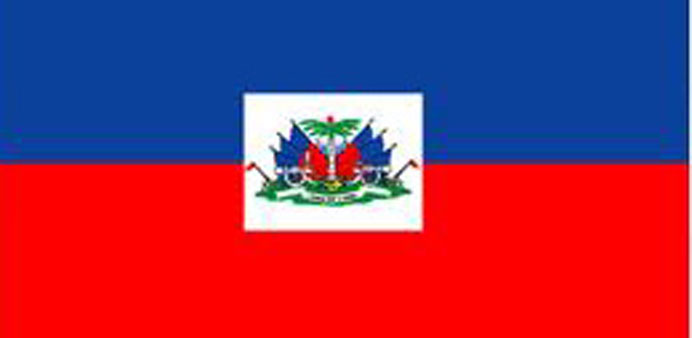Haiti has begun servicing its oil debt with Venezuela which now stands at $1.2bn, and is exploring ways to make payments in kind with agricultural products rather than cash, a senior Haitian official said.
The ministry of finance official was responding to a World Bank envoy who expressed concern over a lack of transparency in Haiti’s handling of public funds generated by cut-rate Venezuelan petroleum imports.
Mary Barton-Dock, the World Bank’s special envoy to Haiti, told a press luncheon in the capital that a lack of transparency was the biggest obstacle to the country’s economic development, citing Venezuela’s Petrocaribe programme, which allows beneficiaries to buy fuel from the South American oil exporter at favourable rates and easy payment plans.
Under Petrocaribe, Haiti pays only 40% of its oil bills in the short term, with the rest reimbursed over a 25-year period during which the government is free to spend the funds more or less as it pleases.
The World Bank would like to see better communication about the use of these funds, said Barton-Dock, addressing reporters in French. Michael Lecorps, a senior official attached to Haiti’s ministry of finance defended the oil programme saying it was fully transparent with regularly updates on an official website.
Lecorps, who is director of Monetisation and Program Development Assistance, briefly showed journalists a confidential draft of a recent internal audit by Venezuela’s state-owned oil company, PDVSA.
“They spent 27 days in our office and they checked the whole process. They studied the 2010-12 period and their conclusion is a ‘no finding,’ which means they did not find anything wrong to note,” he said.

